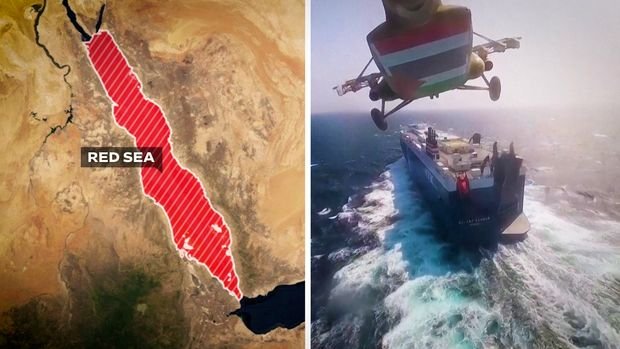
China’s Rare Earth Restrictions and its Impact on the United States
On December 3, 2024, China restricted exports of refined rare earth metals to the U.S., targeting dual-use materials critical for defense and technology. With 85% of global refining capacity, Beijing’s move threatens U.S. military supply chains, particularly for F-35 fighter jets, missile guidance systems, and radar technologies. Washington faces soaring costs and a scramble for alternative sources like Australia, but China’s 23,000 REM patents and superior refining capabilities ensure its dominance. This isn’t just economic retaliation—it’s a strategic blow to U.S. military exports, forcing long-term shifts in supply chains as global competition for rare earths intensifies.

China’s EV Boom and Southeast Asia
China’s electric vehicle (EV) boom is transforming Southeast Asia, with Indonesia, Thailand, Malaysia, and Vietnam emerging as key markets. As Chinese EV supply chains mature and government incentives drive down costs, Beijing’s influence in the region grows. With EV infrastructure investment projected at $2.8 trillion by 2030, China’s dominance in green technology poses a strategic challenge for Washington.

Unveiling Air Dominance: China’s Sixth-Generation Aircraft and the Indo-Pacific Balance
IPSC Fellow Brandon Tran, a West Point international affairs and Chinese double major, highlights the unveiling of China's J-50 and J-36 sixth-generation aircraft as a pivotal moment in Beijing's military modernization. These reveals not only challenge U.S. air dominance but also serve to bolster nationalism and assert China’s ambitions in the increasingly contested Indo-Pacific region.



Upcoming Quad Foreign Ministers' Meeting to Tackle Critical Indo-Pacific Issues
The Indo-Pacific region is set to witness another significant diplomatic engagement as the foreign ministers of Japan, the United States, Australia, and India prepare to convene in Tokyo on July 29 for the highly anticipated Quad foreign ministers' meeting. This gathering aims to address a host of pressing regional issues, reinforcing the QAUD’s commitment to maintaining stability and promoting a rules-based order in the Indo-Pacific.















